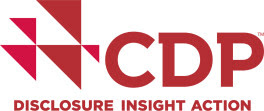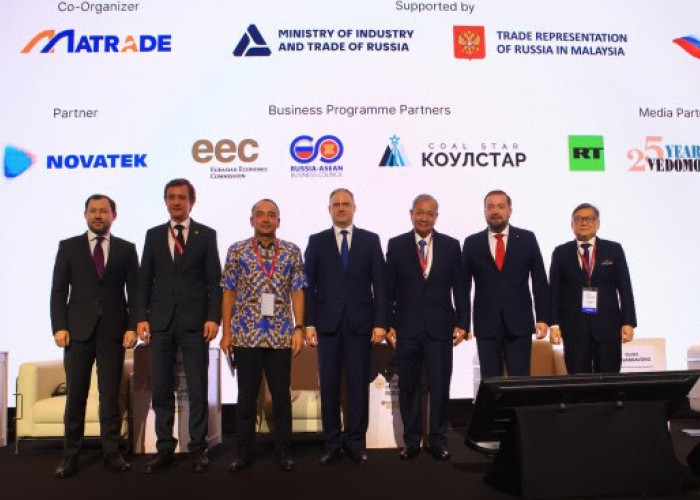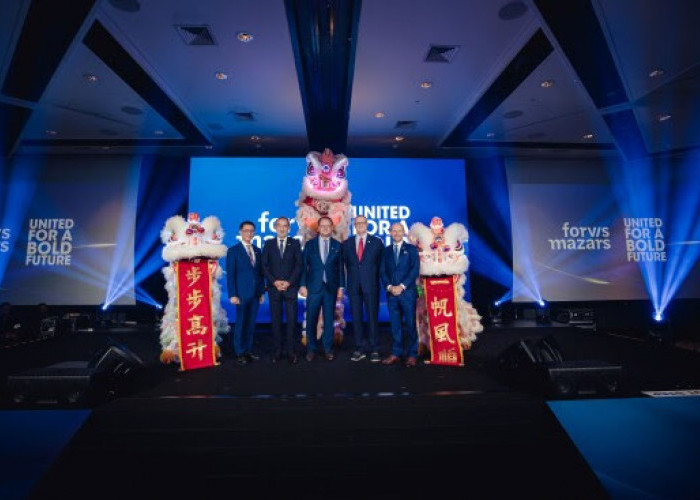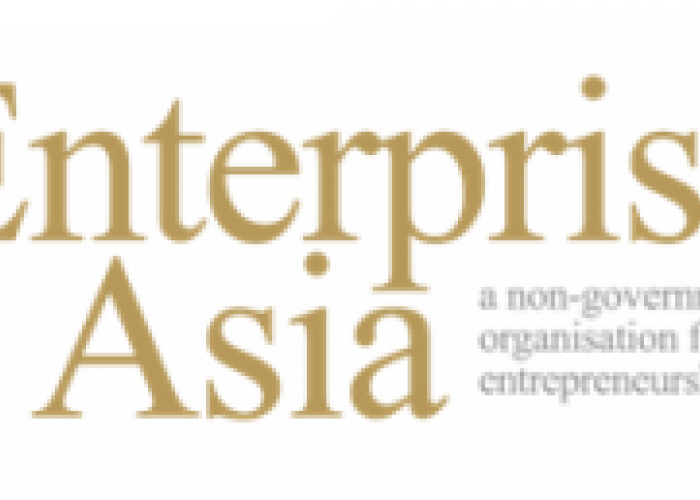New data reveals slow progress on deforestation in Southeast Asia

New data from the Accountability Framework initiative (AFi)--
BACA JUGA: Kodim 0408 BS/K Gelar Latbakjatri, Asah dan Tingkatkan Kemampuan Anggota
Globally, 881 companies disclosed, and about half of the companies (445) disclosed on deforestation- and conversion-free progress. However, only 186 companies provided clear and appropriate information to justify their claims. 64 companies worldwide say they have achieved deforestation and conversion free supply chains.
"Companies must eliminate deforestation and conversion from their supply chains to meet near-term climate and nature targets, as well as to comply with emerging laws like the EU Deforestation Regulation," said Leah Samberg, Lead Scientist, AFi. "These new data demonstrate that companies need to invest in effective monitoring and control systems to address deforestation and conversion associated with their operations and suppliers, however few are doing so."
A variety of issues undermined the reliability of information companies disclosed, such as reliance on certification programs and risk assessments that cannot guarantee commodities are deforestation-free. Additionally, some disclosures were missing important information on company activities, products, regions, or suppliers.
"Companies need to provide stronger evidence to support claims that their commodity supply chains are free of deforestation and conversion," Sawicki said.
The report calls on companies that produce or source agricultural or forestry commodities to communicate publicly and to suppliers their intentions to achieve deforestation- and conversion-free supply chains. Importantly, they should consider the impacts of their supply chains on all natural ecosystems, not only forests. To achieve compliance with polices, companies should also monitor and engage their suppliers.
"Making no-deforestation or no-conversion intentions clear through public policies, commitments, and supplier engagement supports disclosure and helps accelerate the transition to responsible production and trade," Samberg said.
The report concludes that it is imperative that companies not only pledge to deforestation- and conversion-free operations but also take concrete steps towards this goal. Comprehensive responses to disclosure requests, transparent communication of policies, a thorough understanding of certification processes, and a proactive approach to risk assessment are all crucial. By focusing on these areas, companies can make significant strides in preserving natural ecosystems and ensuring the integrity of their supply chains, ultimately contributing to a more sustainable future for all.
Sumber:














